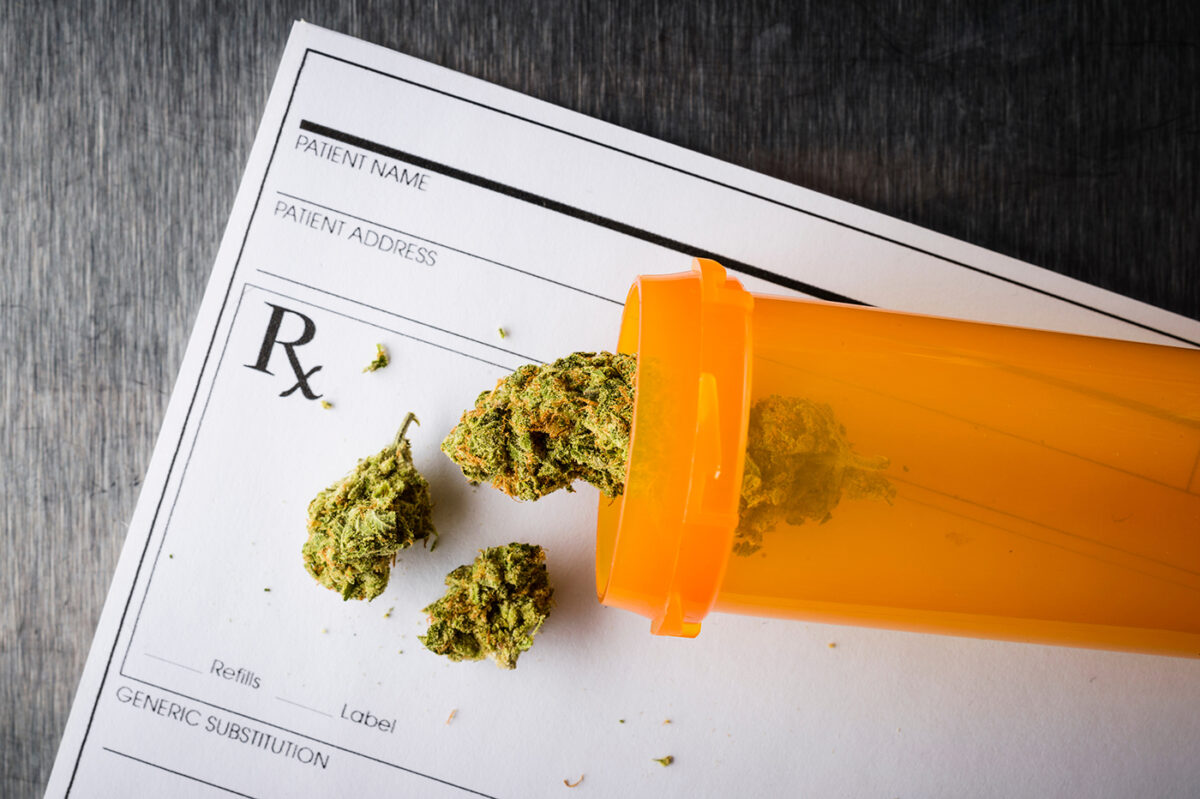
Author
Jennifer Wessel, JD, MPH
Senior Policy Analyst and Data Privacy Officer
501-526-2244
JBWessel@achi.net
New measures on texting while driving, electric scooters, school recess, tobacco cessation, and vaccinations are among the health-related state laws that will take effect in Arkansas on July 24.
Unless they contain emergency clauses or specific effective dates, laws enacted by the Arkansas General Assembly take effect 90 days after the end of the legislative session. This year’s regular session officially ended April 24, which makes July 24 the default effective date for new laws. They include:
Tobacco
- Act 947 (Sen. Ingram) exempts casinos from the Clean Indoor Air Act, which protects workers in Arkansas from secondhand smoke in the workplace and patrons from secondhand smoke in public places.
- Act 959 (Rep. Collins) requires Medicaid to cover all federally-approved tobacco cessation medications without prior authorization.
- Act 1071 (Rep. A. Davis) makes technical changes to the permit for the sale of cigarettes process and eliminates the authority of the Tobacco Control Board to regulate safety and hygiene standards when e-liquids or alternative nicotine products are mixed, including with child-resistant packaging requirements and workplace safety and cleanliness rules.
Injury Prevention
- Act 738 (Sen. B. Johnson) clarifies definitions of texting while driving and amends driving laws to comply with the National Highway Traffic Safety Administration standards, including imposing a minimum fine of $25 for texting while driving and removing a prohibition against pulling over a vehicle solely for non-compliance with restrictions on use of a wireless telecommunications device while driving.
- Act 1015 (Rep. G. Hodges) provides definitions for scooter-share operators and gives localities broad authority to regulate operators.
Scope of Practice
- Act 579 (Rep. Eubanks) permits optometrists to perform certain surgical and laser procedures such as injections, incisions, and removal and biopsy of skin lesions.
- Act 651 (Rep. Eaves) authorizes pharmacists to initiate therapy and dispense tobacco cessation products pursuant to a statewide protocol.
- Act 637 (Rep. Magie) permits pharmacists to substitute interchangeable biological products if the substitute results in cost savings for the patient.
- Act 652 (Rep. Gazaway) permits pharmacists to immunize children ages 7‒18 under a statewide protocol.
- Act 593 (Rep. Gonzales) permits advanced practice registered nurses to prescribe Schedule II drugs if the following apply: for an opioid, if the prescription is only for a five-day period or less; and for a stimulant, if a physician has initiated treatment and has evaluated the patient within six months.
Nutrition
- Act 165 (Rep. A. Davis) requires the Department of Finance and Administration to provide a list of Universal Product Codes for candy and soft drinks subject to increased taxation rates or provide exemptions to sellers demonstrating good-faith efforts to comply with guidelines.
- Act 602 (Rep. Dotson) permits schools to distribute excess food to students at the end of a school day.
- Act 506 (Rep. Bentley) creates a farm-to-school coordinator position within the Arkansas Department of Agriculture.
- Act 974 (Rep. Bentley) requires adults on the Supplemental Nutrition Assistance Program up to age 60 who do not have dependent children under age 6 to be subject to employment and training requirements to maintain SNAP benefits.
Immunizations
- Act 676 (Rep. Boyd) requires public and private schools to report their numbers of exemptions from vaccination requirements.
Miscellaneous
- Act 641 (Rep. Della Rosa) increases recess time in elementary school for unstructured activity to a minimum of 40 minutes per day.
- Act 994 (Sen. Hammer) makes various changes to the regulation of pharmacy benefits managers (PBMs), including redefining “maximum allowable cost list,” or the listing of maximum payments a PBM will make to a pharmacy or pharmacist for drugs; prohibiting spread pricing, in which a PBM keeps a portion of the amount received from a health plan for a drug instead of providing the full payment to the pharmacy or pharmacist; and adding reporting requirements.
- Act 1029 (Rep. Gazaway) requires professional development for licensed public school employees and training for school board members on bullying, including cyberbullying.






